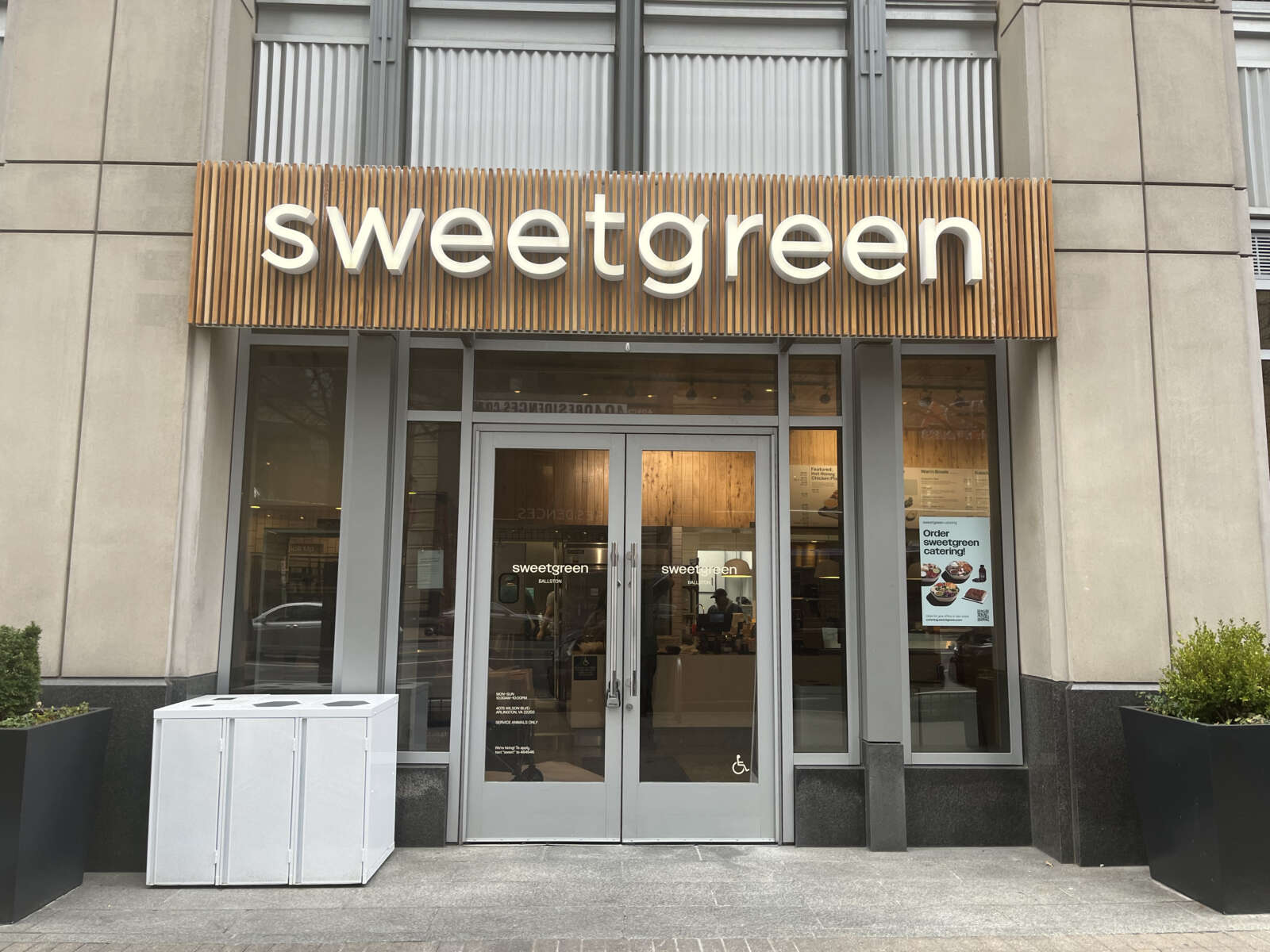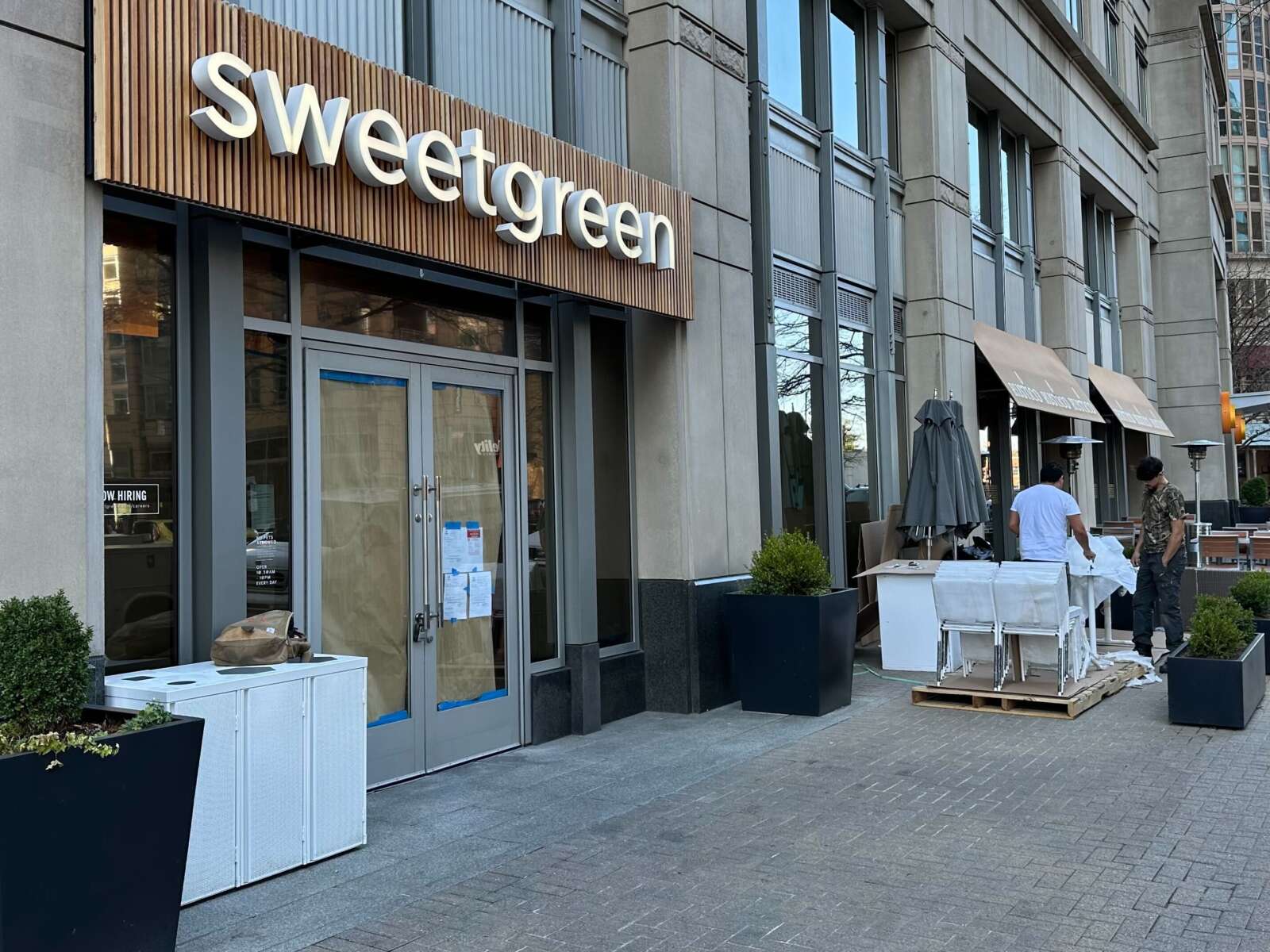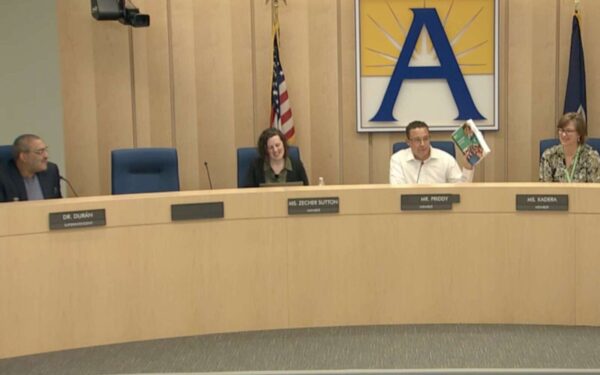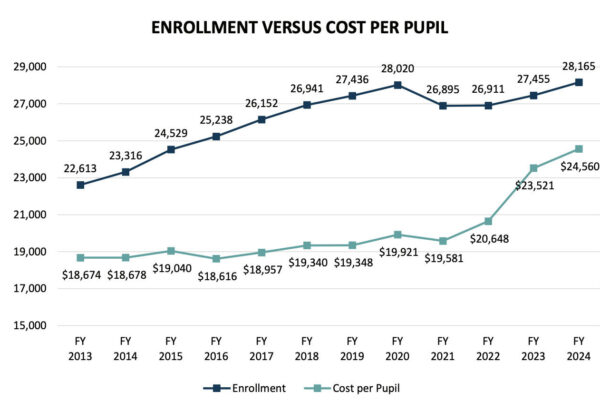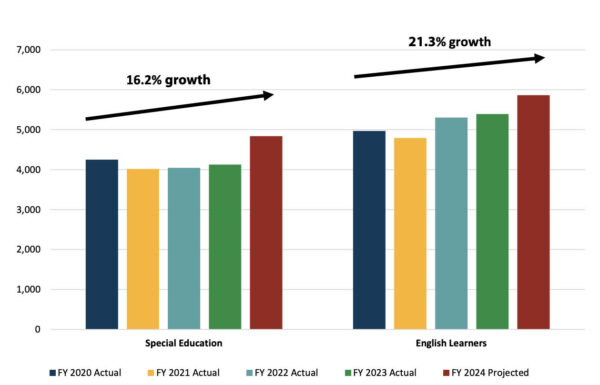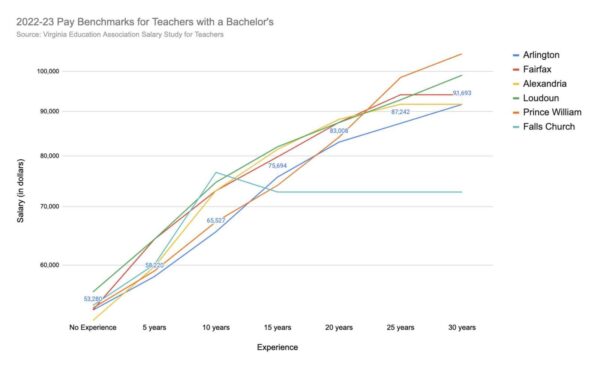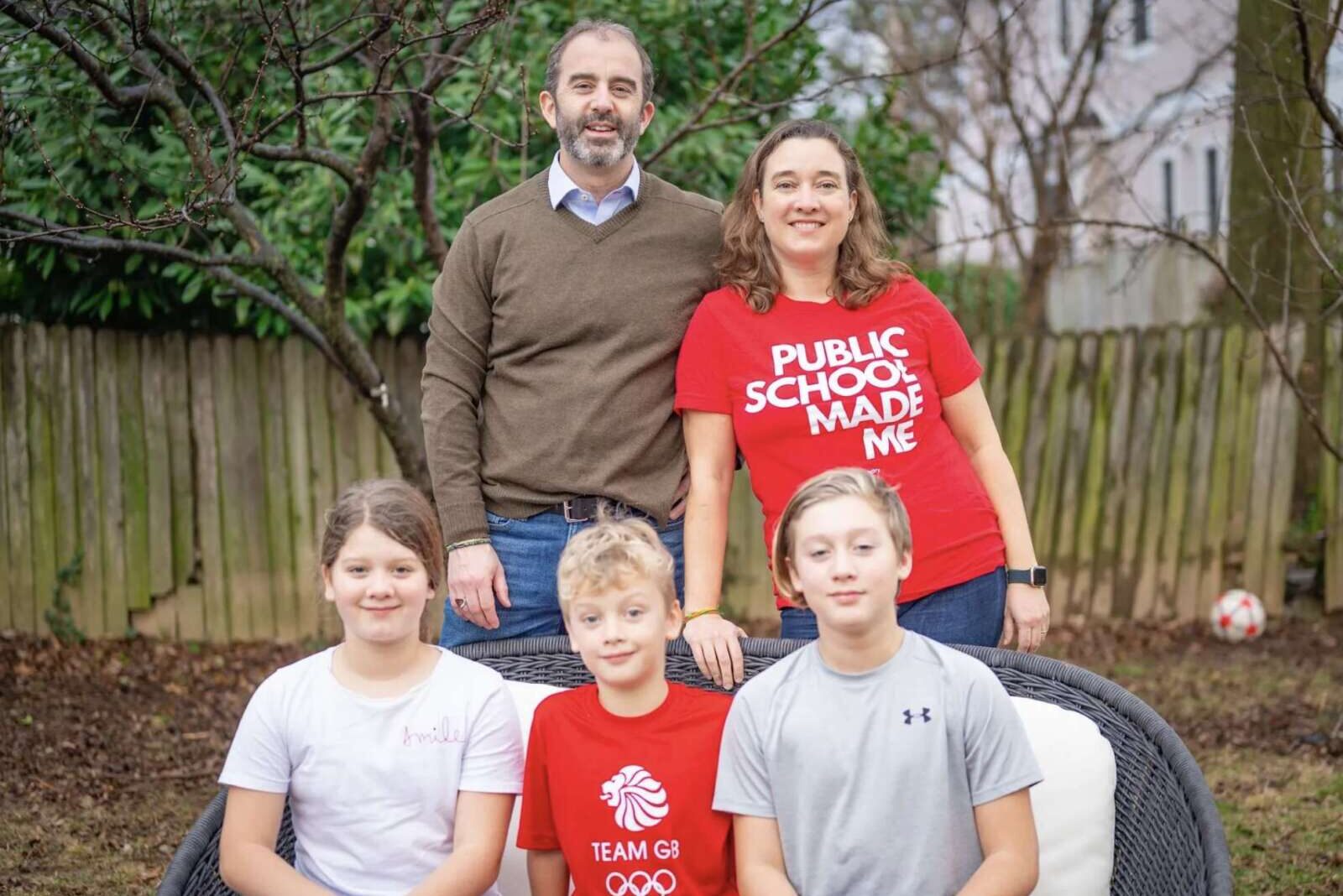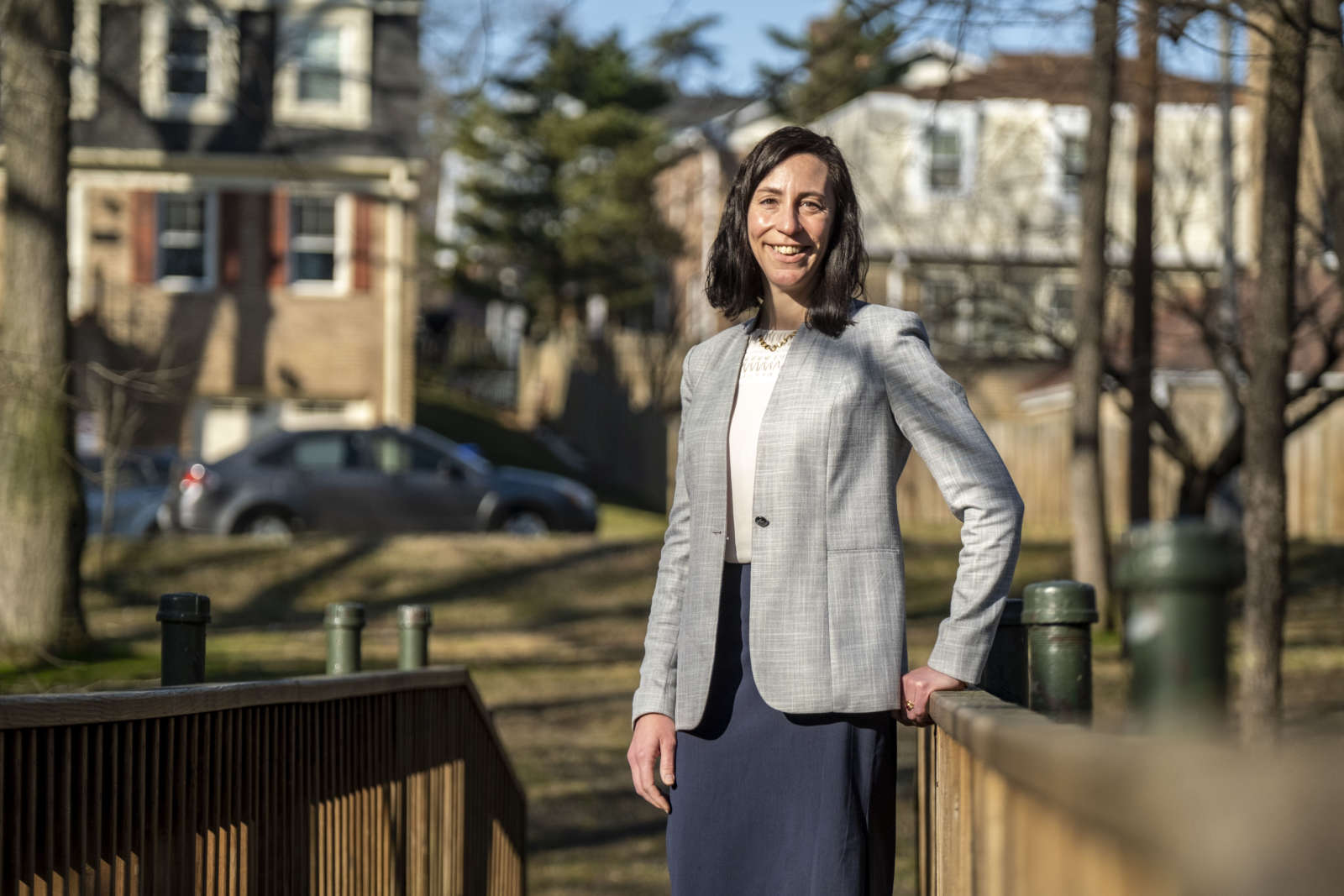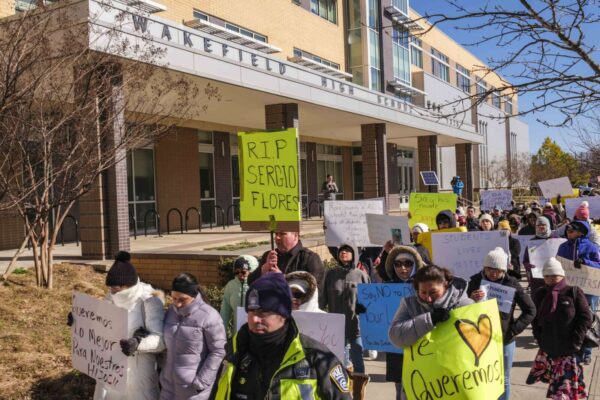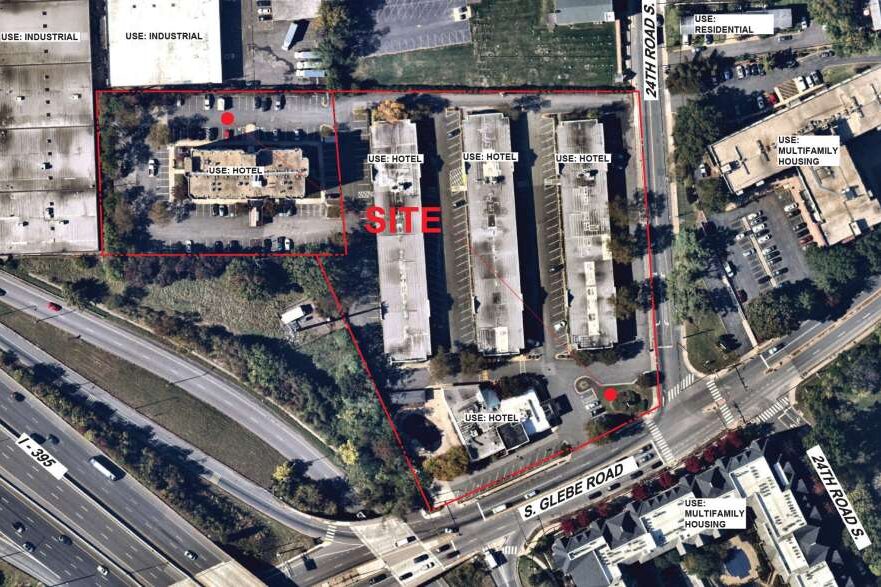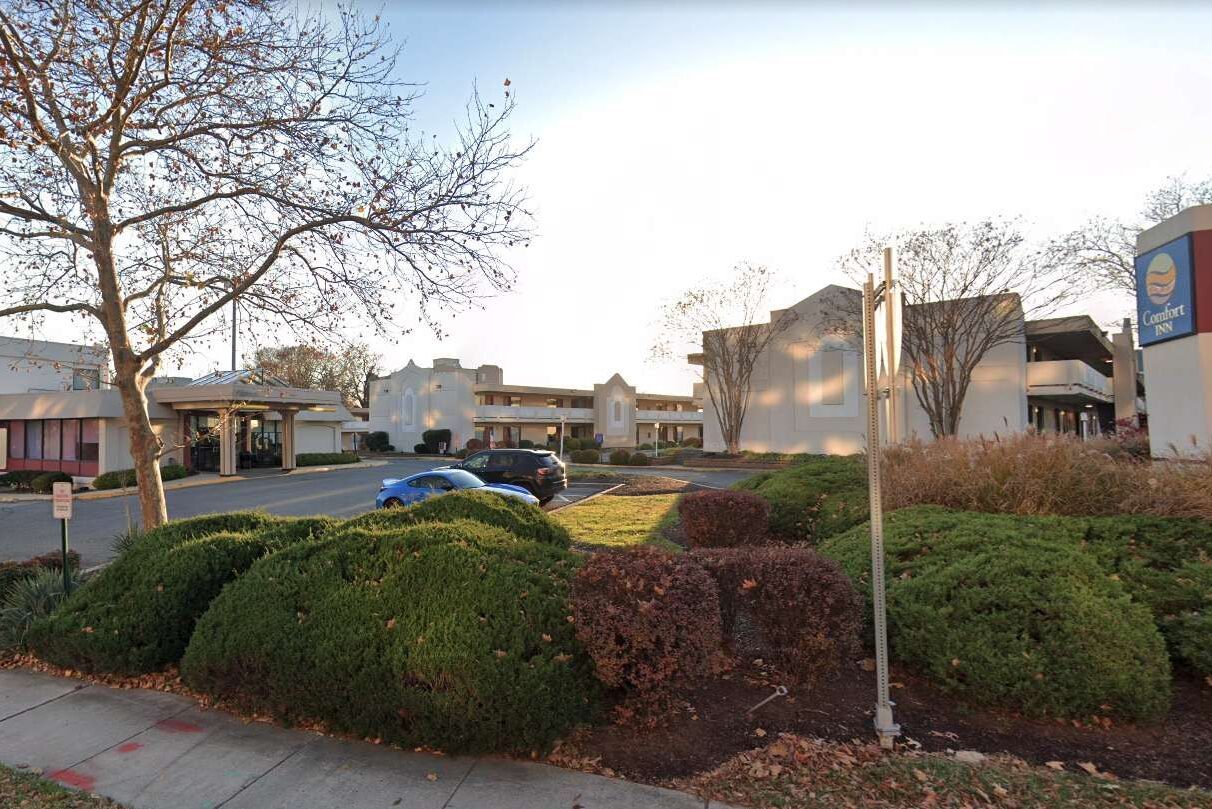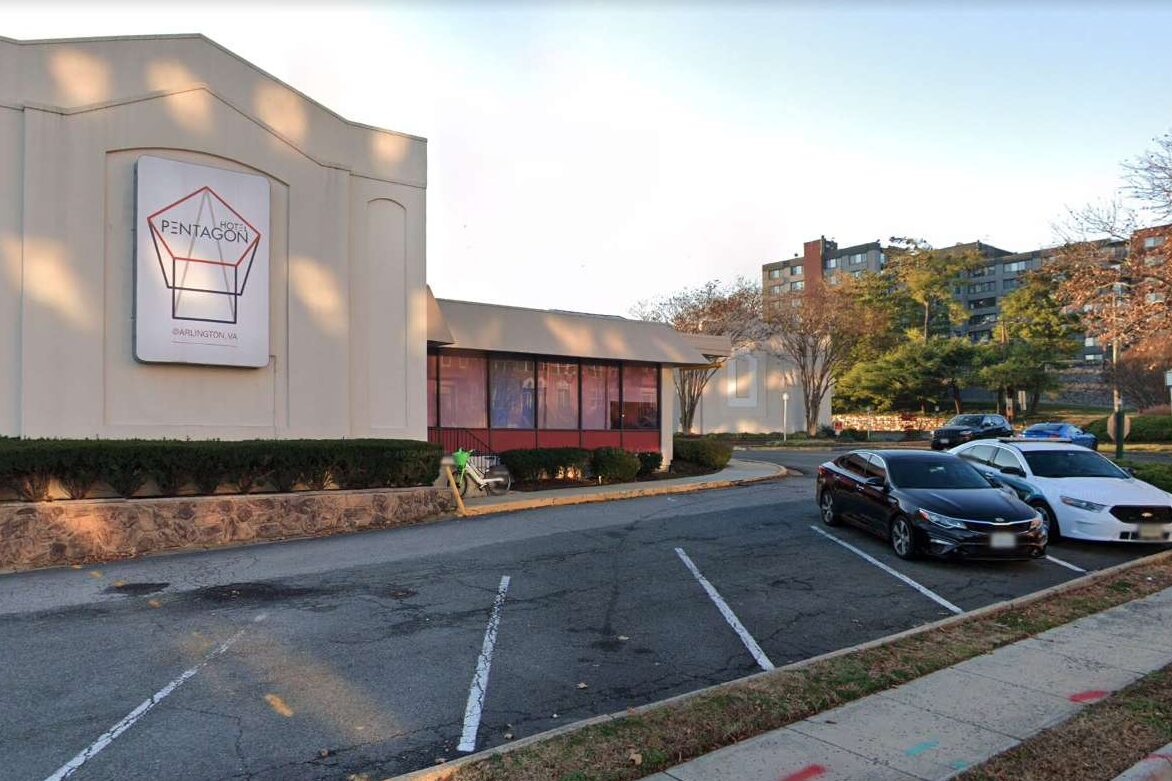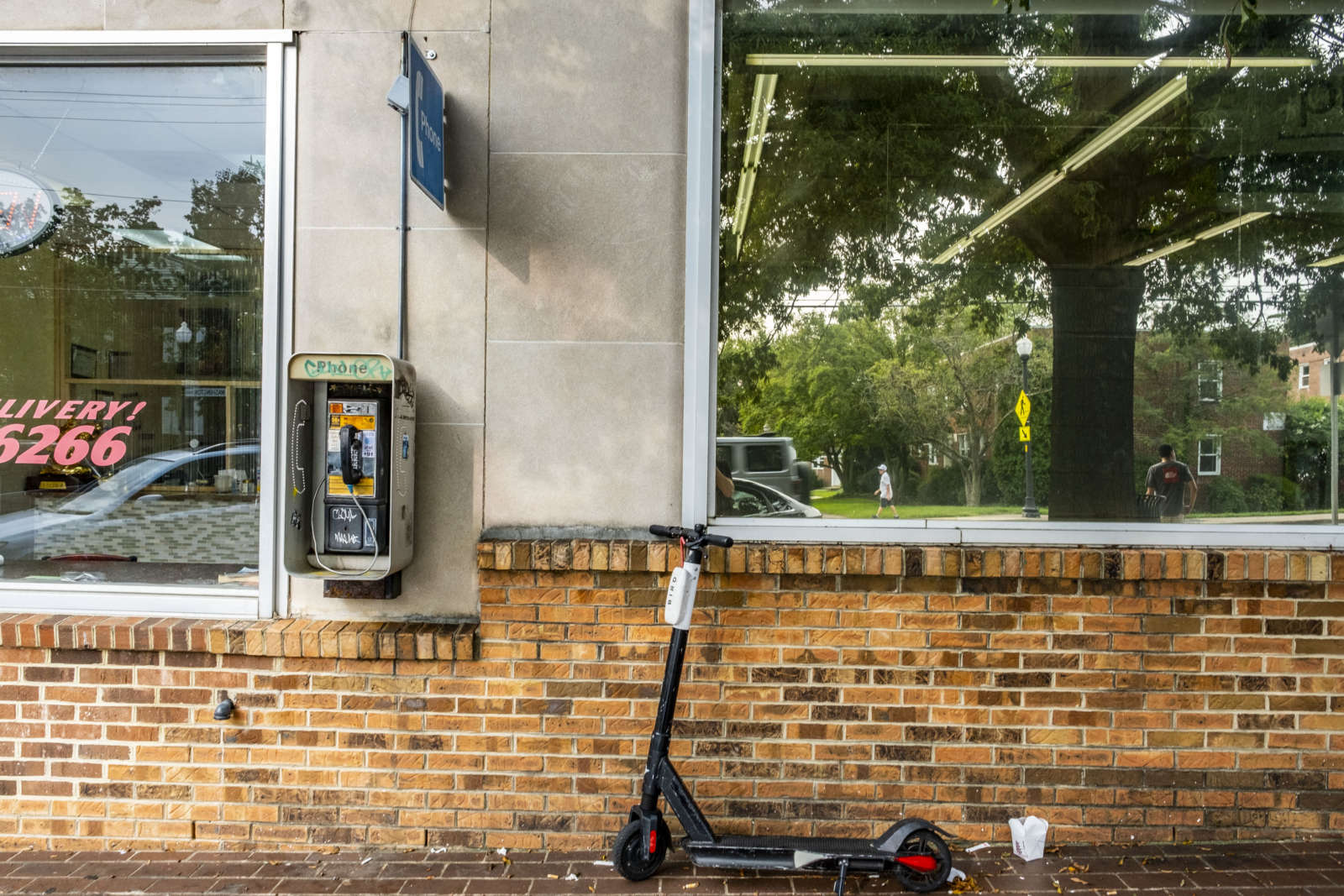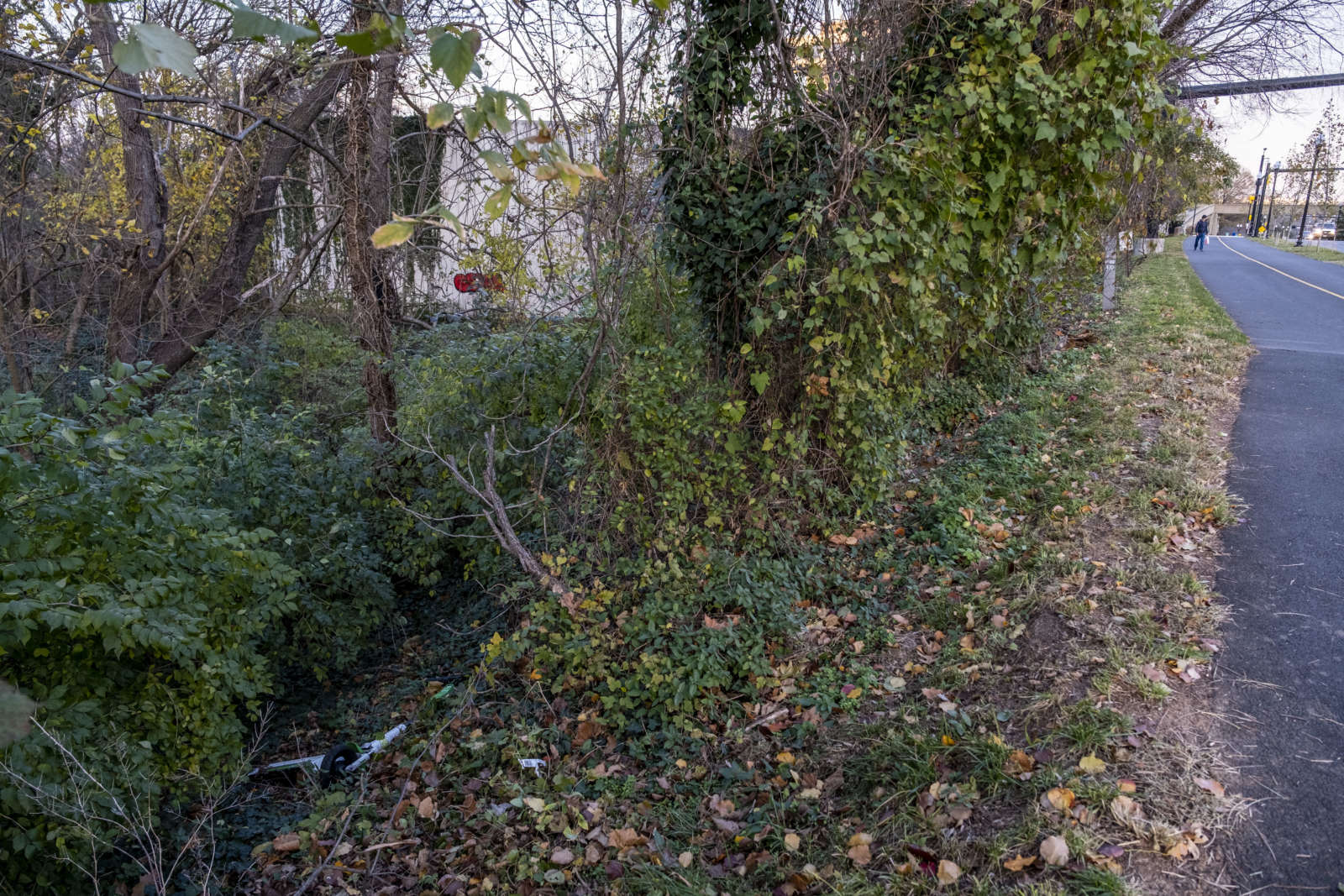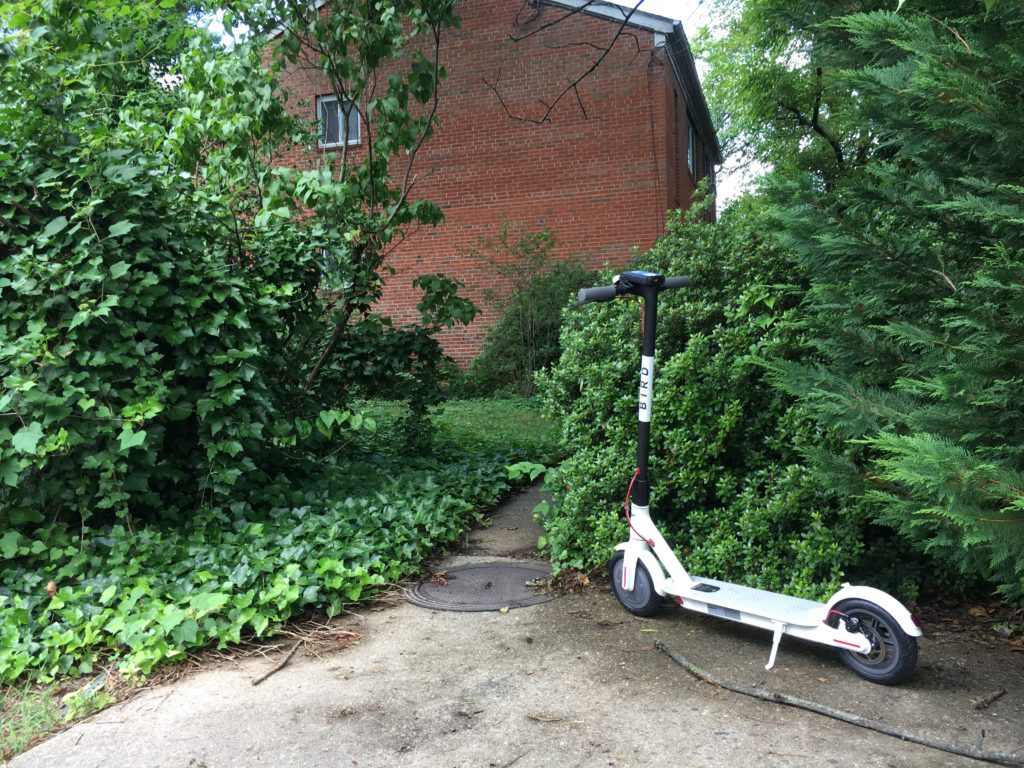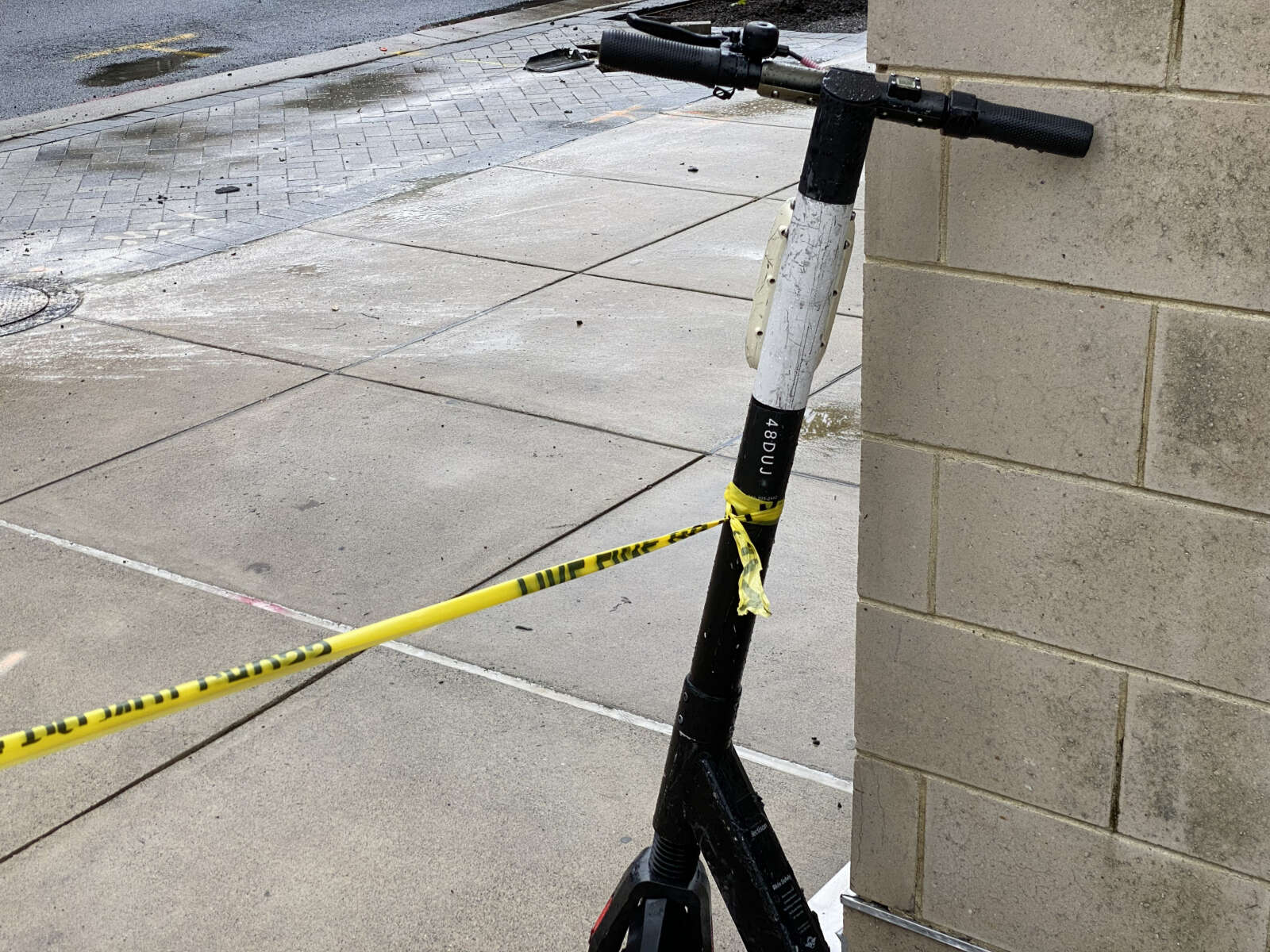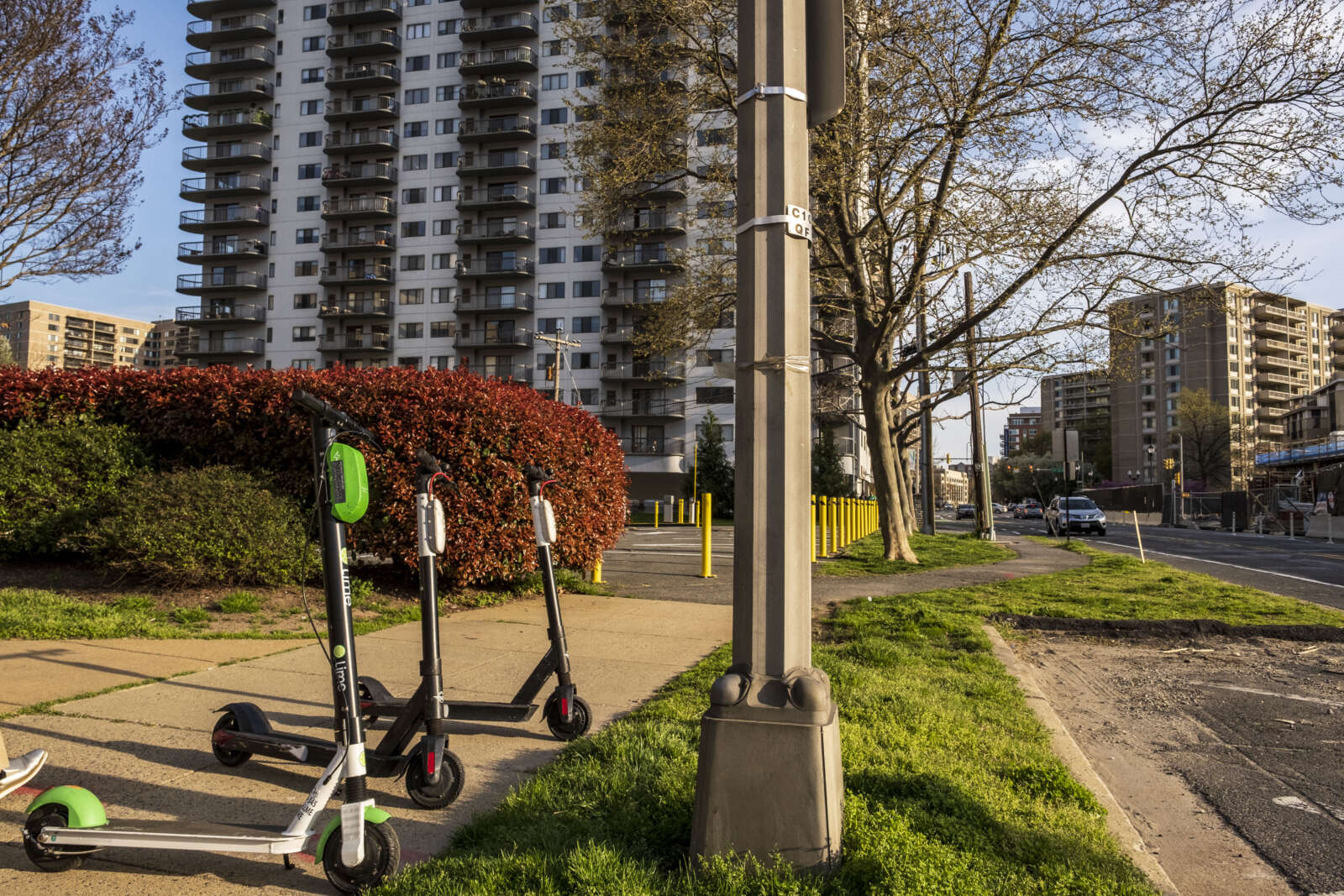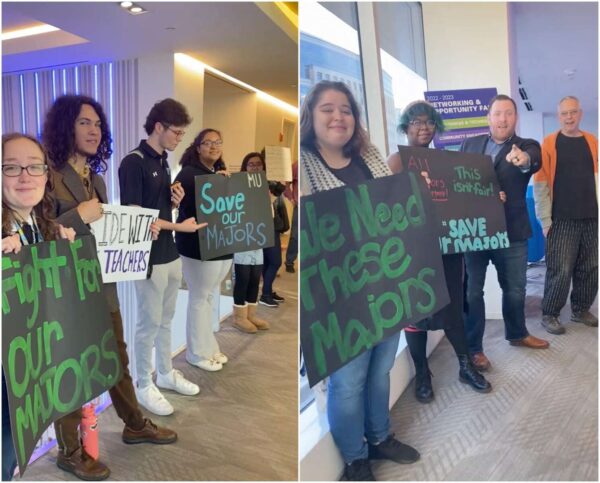
(Updated at 8 p.m.) Despite protest from some students, faculty and alumni, Marymount University will be removing some majors, mostly in the humanities, from its catalogues.
On Friday, the Board of Trustees voted 20-0 to move forward with the plan, university spokesman Nick Munson said. He asserted that the change was faculty-led and administration-supported and the eliminated majors were “no longer serving Marymount students.”
“The impacted majors are rarely selected by Marymount students and, in fact, have only graduated a handful of students in the past decade,” said spokesman Nick Munson, noting that 74 students have declared majors that will soon be cut. “This decision reflects not only our students’ needs, but our responsibility to prepare them for the fulfilling, in-demand careers of the future.”
Ahead of the unanimous vote, some faculty, students and alumni decried the decision and tried to prevent it. Earlier in this process, a majority of faculty in the faculty council voted in favor of a different proposal that would see two programs cut and course consolidations to others to save some money. Students and alumni sent President Irma Becerra letters and two demonstrations were held.
They are still planning demonstrations, with a third set for tomorrow (Wednesday) afternoon.

Marymount says it is making these changes to improve its finances and cut programs with low enrollment.
Two recent signs of rocky finances include assessments by Forbes and Moody’s Investors Service, according to a joint letter from Marymount alumni.
“In the 2022 Forbes College Financial Grades, Marymount University was bestowed a financial grade of ‘D’ — the lowest grade on Forbes’ scale — with a financial GPA of 1.39,” the letter said.
Moody’s downgraded the university’s issuer and debt ratings to B1 and Ba3, due to a combination of factors, including “very high financial leverage with thin operating results, declining liquidity, debt structure risks inclusive of a project financing currently subsidized by the university, and a highly competitive student market.”
The alumni used these two points to argue that Marymount’s decision will “bring instability to the institution during a time that requires much needed stability.”
But Moody’s downgraded school ratings still seem warm to the programmatic changes the school is making.
“New financial leadership is deliberately focused on realigning student programming, right sizing expenses and enhancing revenue,” Moody’s said.
Marymount provided numbers breaking down how many students are majoring in the fields headed to the chopping block.
- B.A. Art (10)
- B.A. Economics (13)
- B.A. English (15)
- B.A. History (15)
- B.S. Mathematics (6)
- B.A. Philosophy (3)
- B.A. Secondary Education (0, though this was not a primary major)
- B.A. Sociology (8)
- B.A. Theology & Religious Studies (0)
- M.A. English & Humanities (4)
“These programs are simply not ones that are in demand,” Munson said. “However, we will continue to provide a strong liberal arts core and offer classes in the subjects above.”
Students will still be required to study these subject areas as part of the school’s core curriculum, and Marymount will continue offering a more general bachelor’s degree in Liberal Studies.
“Marymount will always be dedicated to the education of the whole person,” Munson said. “Every one of these foundational subjects remain part of our core curriculum, which supports our mission and Catholic identity.”
Alumni say this won’t achieve the same outcome.
“It would… erode — not strengthen — our intellectual community, which must be multidisciplinary to ensure students are prepared for the challenges and opportunities they will face in our present and future world,” the letter said.
Budget materials shared with ARLnow show the school forecast lower tuition revenue this fiscal year from in-person undergraduate and graduate students, but higher revenue for students in online programs.
Last fall, per the presentation slides, Marymount was staring down a budget deficit of $3.5 million.
Those opposed to the cuts argued that the moves would not realize much savings, given that most faculty would have to remain on staff to teach the core curriculum. They instead pushed for the school to focus more on growing its fundraising take.
Tax documents indicate Marymount’s net income in recent years has generally ranged between $1 million to $5 million per year, with losses in some fiscal years (available figures run through mid-2021). In recent years, donations swung between $2.5 million to $5.7 million.



